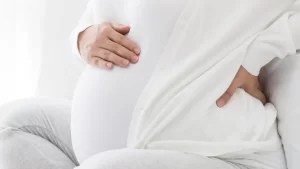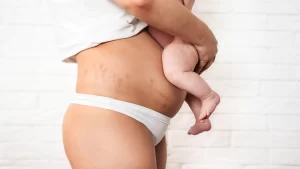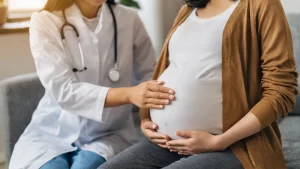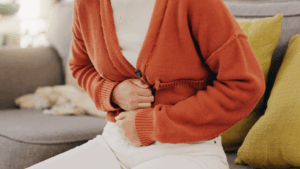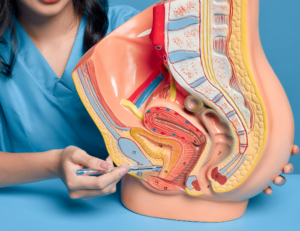Endometriosis affects each woman differently so there’s no guaranteed treatment plan that works for everyone. When you’re trying to find a way to ease endometriosis pain, it can take a lot of trial and error. Some home remedies, treatment plans, medications, and lifestyle changes can help give you relief and make endometriosis pain more manageable. The approach you and your doctor pick is dependent on the severity of your symptoms and whether you wish to become pregnant.
Here are some things you can try to ease endometriosis pain:
- Treatment for endometriosis often involves medication. Your doctor may suggest an over-the-counter pain reliever such as ibuprofen or Aleve to help ease painful cramps.
- Hormone therapy is another option that is sometimes effective in reducing endometriosis pain. Hormone medication helps stop the rise and fall of hormones during the menstrual cycle, slowing endometrial tissue growth and helping to prevent new implants of endometrial tissue.
- Birth control pills, patches, and vaginal rings aid in controlling the hormones responsible for endometrial tissue. Hormonal contraceptives can also result in lighter and shorter menstrual flow, reducing some of the pain.
- If you have endometriosis and are trying to conceive, ask your doctor about undergoing conservative surgery to remove the endometriosis implants while preserving your ovaries and uterus. This can help increase your chances of becoming pregnant. This surgery is most often done laparoscopically.
- Doctors typically suggest trying conservative treatment options before choosing surgery. However, hysterectomy (uterus removal) and oophorectomy (ovary removal) were once regarded as the most effective treatment for endometriosis. But this is becoming a less common approach as early menopause can put you at risk for heart disease and other conditions.
- A good heating pad is the #1 home remedy for coping with endometriosis pain. It can help loosen and soothe the muscles during painful cramps.
- Try a warm bath. While this may only give you temporary relief, a warm bath can be just the pick-me-up you need on a particularly rough day of cramps.
- Stay healthy. Drink plenty of water. Staying hydrated can help reduce cramping and bloating. Eat your veggies to up your fiber intake. This can help digestion while on your period. Studies also show omega-3 fatty acids may help improve endometriosis symptoms.
Taking care of your physical health when you have endometriosis is important, but what about your mental health? Practices like meditation, mindfulness, and yoga are great ways to decrease stress. Deep breathing techniques are a great coping mechanism for dealing with pain. Consider joining a support group for other women living with endometriosis. Sometimes simply talking about your feelings with others who understand makes a huge impact.
Talk with your OB-GYN about your symptoms and treatment goals. Share any medications or vitamins you take. If you’re trying to get pregnant, talk to your physician and see if you should meet with a fertility specialist.
To make an appointment at one of our WomanCare offices, call (847) 221-4900.


